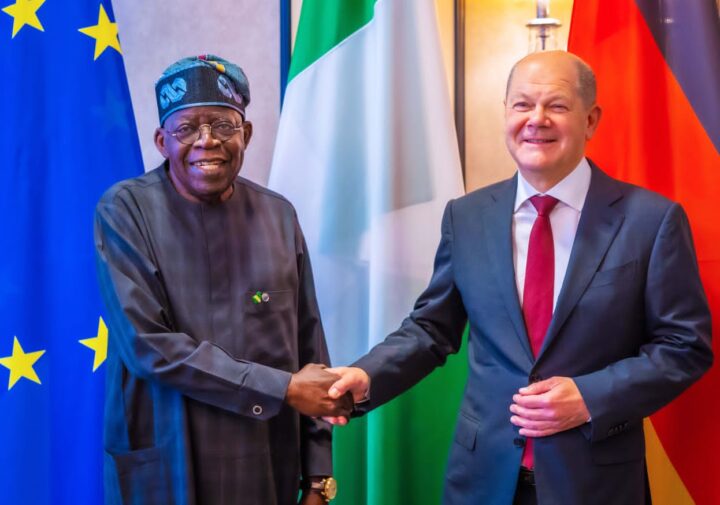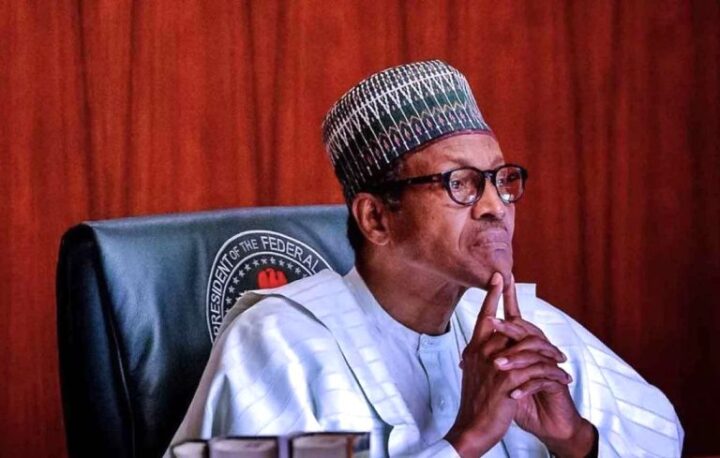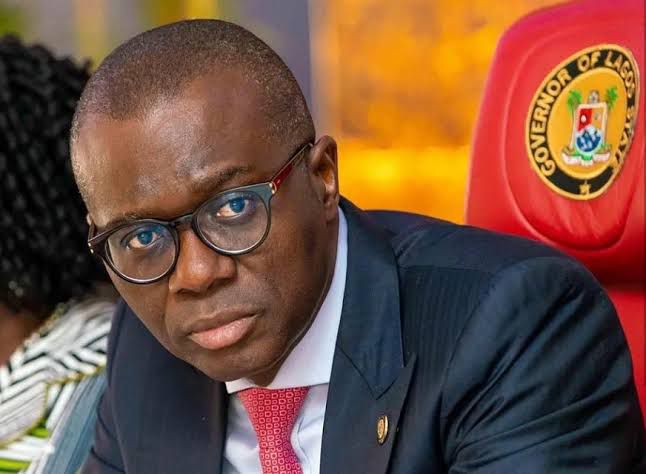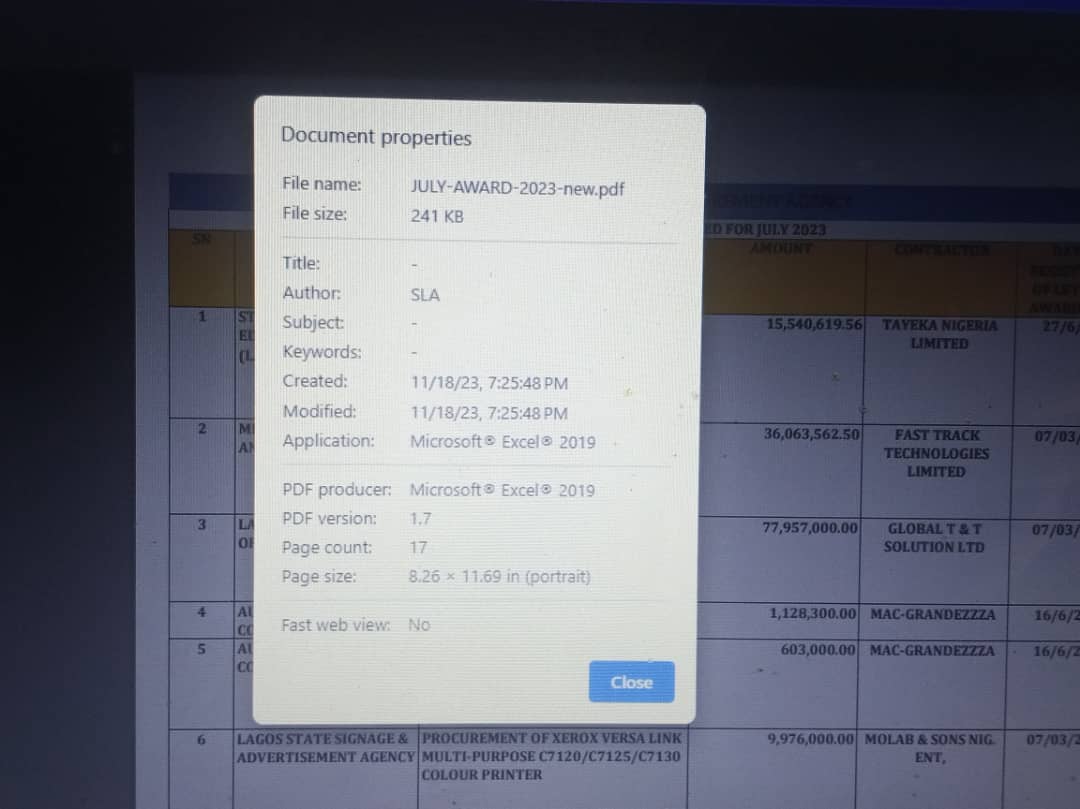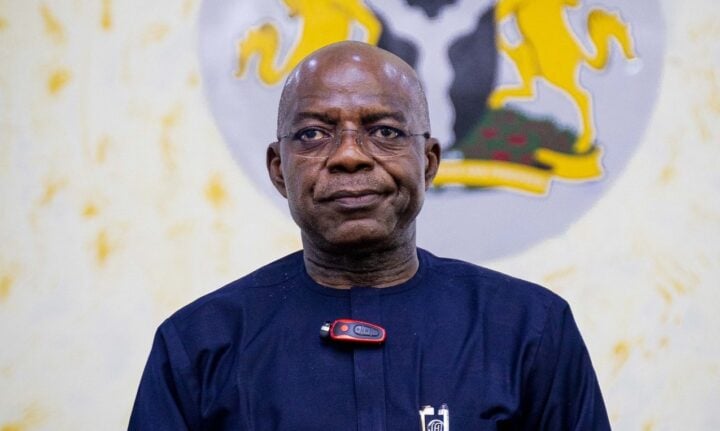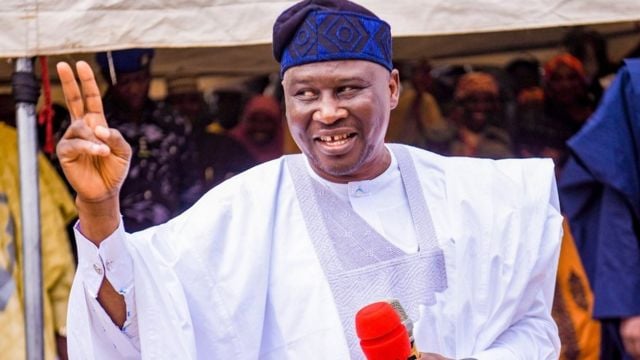President Bola Tinubu has assured Olaf Scholz, German chancellor, that the power project deal with Siemens AG will take on urgency under his leadership.
A statement released by Ajuri Ngelale, presidential spokesperson, said Tinubu spoke with Scholz on the sidelines of the G20 Compact with Africa economic conference, in Berlin, Germany, on Monday.
In 2019, under the presidential power initiative (PPI), Nigeria signed a deal with Siemens, Germany-based firm, to deliver 7,000 megawatts (MW) of electricity to the national grid by 2021, and 11,000 megawatts by 2023 — in phases one and two of the initiative, respectively.
The deal between Nigeria and Siemens was with the support of the German government.
Advertisement
A year later, the federal government approved the payment of €15.21 million and N1.708 billion as counterpart funding for the project.
In December 2021, the federal executive council (FEC) also approved $1.9 million and €62.9 million for phase one of the project which sought to modernise, rehabilitate, and expand the national grid.
Abubakar Aliyu, former minister of power, had said the three-phased project would expand Nigeria’s electricity to 25,000MW when completed, and “commence in the first quarter of 2022”.
Advertisement
But the project has since been behind schedule.
In August, Oladayo Orolu, head of business development and government relations, said plans to complete the revamping of Nigeria’s power infrastructure would take an additional five years than originally planned due to delays caused by the (COVID-19) pandemic.
Orolu also cited “high prices” of materials as a reason for the delay.
GERMAN CHANCELLOR: SIEMENS READY TO EXPAND IN NIGERIA WHEN POWER PROJECT RECORDS PROGRESS
Advertisement
According to Ngelale, Tinubu assured the German chancellor that unsteady implementation of the PPI would now have a more deliberate process of project execution.
“For me, I am very much committed to pursuing all aspects of the Siemens Power project and the skill development opportunities that will emerge from that project for our talented youths who can participate in sustaining the industry,” Ngelale quoted his principal as saying.
Tinubu also expressed his interest in the new 2,000km high-speed rail network Siemens is presently constructing across 60 cities in Egypt, urging the German company to replicate the advancements in Nigeria.
While Scholz expressed readiness, he said there is a need to resolve the current administrative and financial hurdles brought about by governance problems.
Advertisement
“I know that there is a lot of work that has been done. There is already a big production of electricity in Nigeria, but it is not getting to the population,” he said.
“Of course, this has to do with the need for a provision of stations and infrastructure on the grid.
Advertisement
“Siemens has developed the plan and is ready to deepen implementation, but it is now up to your new government to take the follow-up action that you are now committed to taking.
“On the railway plans, Siemens will be very happy to do this when more progress is made on the power project which has been started already.”
Advertisement
In response, Tinubu said he was determined to prove foreign investors who are still “paranoid” about the Nigerian business system wrong.
Scholz expressed optimism for Nigeria’s growth, saying “there is nothing too unique on the growth of China”.
Advertisement
“It came down to a lot of investment from overseas that leveraged on cheap and skilled labour with adequate internal infrastructure and shipping infrastructure for imports and exports to flow easily,” he added.
“These things are possible in Nigeria. You even have abundant natural resources. Step by step, it is achievable, Mr. President,” he added.
The two leaders also agreed to deepen collaboration on the utilisation of advanced biometric systems and border control technology to check irregular migration.
They said investments in labour-intensive industries would go a long way toward resolving the root causes of the problem.
Add a comment
